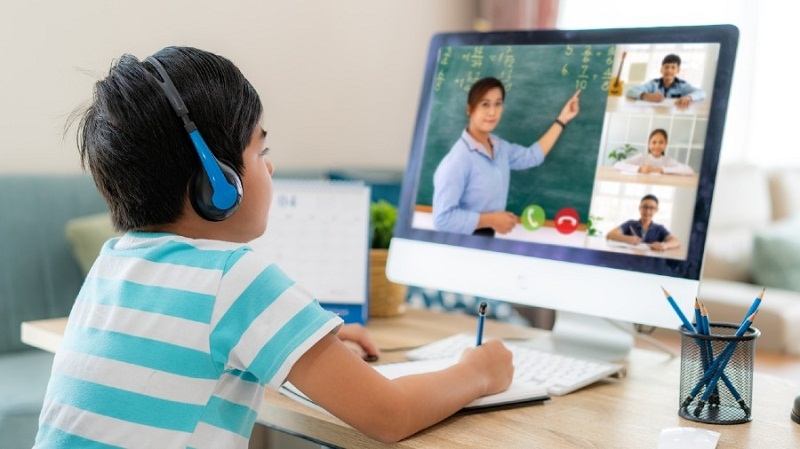Covid pandemics has made teachers’ life miserable
Covid pandemics has made teachers’ life miserable

The Covid pandemic has forced our governments, at both Centre and State, to go in for on-line teaching in our schools and colleges. On-line teaching is based on smart phones and various Apps which the poor can hardly afford and their children can hardly handle. There have been many published studies and statistical surveys of how the children are coping and how many are falling behind and dropping out of schools. Some are suffering from depression and have had to seek psychiatric and counselling help.
However, there are no studies of how the teachers are faring. Let me say at the outset that the teachers of private colleges and private schools are also suffering. On-line teaching and on-line exam grading require a great deal of extra preparation time. Even in normal times, the teachers of private institutions carry a much heavier workload and have little breathing space, compared to those of government colleges and schools. In a whole time on-line teaching environment, these teachers are truly overworked and their life has become miserable.
Let us take the case of a teacher in a private school. She or he has to take 5 one-hour classes on every working day. So, she is more or less on her toes for the entire work duration, gets little rest and no preparation time while at school. Hence, she must spend several hours at home preparing for the lessons next day. Due to on-line teaching, her working hours, both at home and school, increases one and a half times, on an average.
Now that the Covid pandemic seems somewhat under control, the schools are allowing 50 per cent of the students to come to the school and attend off-line (i.e., normal) classes. This is as per the diktats of the government and as advised by medical experts, so that a measure of ‘social distancing’ can be maintained.
Hence, now the teacher has to conduct both on-line classes for students at home and off-line classes for students at school. This doubles the existing heavier than usual workload of the teacher. With this policy, even the teachers of Government schools and colleges are highly overworked. As a result the quality of teaching suffers. Have the government policy makers and their medical advisors spared any thought for these poor teachers? The answer is a resounding ‘No’. Yet they talk much about holistic approach to policy-making.
The government should re-consider its policy of simultaneous on- and off-line teaching. One possibility is to allow 100% attendance and normal off-line classes. If this is not advisable due to the fear of the pandemic and 50% attendance is to continue, then make it mandatory for each student to attend school on alternate days; do not leave it to the parental choice; and make it mandatory for the teacher to repeat each lesson on two successive days, and completely do away with on-line teaching.
It is obvious that at this rate only one half of the prescribed syllabus can be covered. So be it. Most of our students are not from well-to-do families and children from lower class homes are learning next-to-nothing through on-line teaching. What is the use of such learning? For the sake of mental and physical health of the students and teachers, covering half the syllabus should be held sufficient. After all, there is nothing sacrosanct about the syllabus, under these extra-ordinary circumstances. Learning half the syllabus properly is better than extremely shoddy learning of the whole syllabus.
